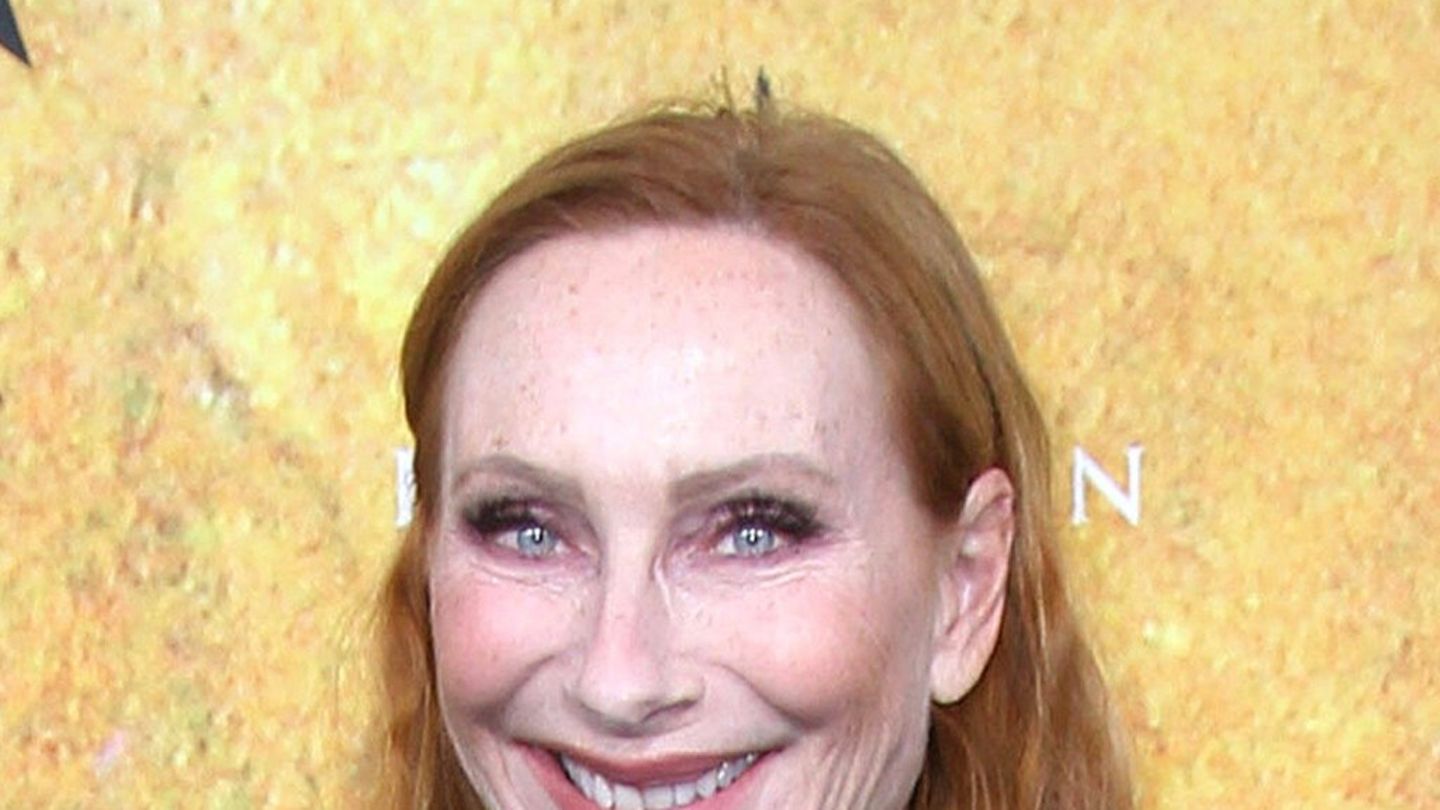VFrom Central America and Europe, Honduras, France and the Netherlands, the women filmmakers with whom the Lusa agency spoke, share the concern of conquering, through art, a female role that “cannot be forgotten” instead of some of the world, giving voice to other women, their lives and the problems they face.
The 6th edition of Porto Femme – International Women’s Film Festival began last Tuesday, at Batalha – Centro de Cinema, in Porto, where it has its epicenter, with a program centered on 126 films, between shorts and feature- feature films, documentary or fiction, by filmmakers from 41 countries.
Geographical differences give each of the present filmmakers different political, cultural and social contexts, but the stories they translate have common elements, in many cases of abuse and violence, leading them to work their art in the sense of empowering women and make them “feel proud of who they are”.
Lusa spoke with Andrea Arauz, from Honduras, Lotte Van Raalte, from the Netherlands, and Bénédicte Charpiat, from France.
Sexual abuse and domestic violence suffered daily by women in Honduras are subjects that form part of the work of Andrea Arauz, who brought the documentary “Cuerpos Vivos” to Porto.
The producer and director decided to make her camera a “weapon to defend human rights in the country” and report on the violence experienced in Central America.
According to 2021 data from the Gender Equality Observatory for Latin America and the Caribbean, the number of gender-related homicides in Honduras was 4.6 cases per 100,000 women, the highest rate among the 11 countries of the Latin America.
Raised in Honduras, but with parents from Nicaragua and El Salvador, Andrea Arauz found in cinema “a way to talk about her message and promote change in the world, even if it’s small”.
“Especially during the pandemic, the numbers of sexual abuse and the rates of domestic violence increased a lot in Honduras”, the director told Lusa. “The government did nothing and those women were hopeless, alone, trying to survive that reality”.
It was from the desire to use art as a tool for change that “Cuerpos Vivos” was born, which, throughout its 17 minutes, follows accounts of Honduran women who suffered domestic violence and, some of them, who became young mothers, in sequence of rapes and sexual abuse.
“I decided to speak with women from different social classes and these women shared with me their lives, their traumas, their fears and their tears, they spoke to me about abuse suffered in childhood”, continues the filmmaker.
Many of the victims did not receive support at the time of the abuse and had become young mothers with no opportunities and no certainty about the future. A reality experienced for a long time by the women of her country, which the Central American filmmaker wanted to reflect in her work.
On the other side of the world, in Amsterdam, director Lotte Van Raalte had a goal similar to that of Andrea Arauz, that of “using art to talk about gender equality and empower women to make them feel proud of who they are”. That’s how she went to Mexico and brought the portrait of “Guerreras”.
The trajectory of the producer from the Netherlands began in photography, but life took her to the cinema and, at the beginning of this year, she made her first documentary, which she presented in Porto this week.
“Guerreras”, the film, resulted from a trip to Mexico, exactly 9,208.26 kilometers away from its place of origin, the Dutch capital. It was in Mexico that Lotte Raalte met the three protagonists of her documentary during the weeks she spent in the country surrounded by the Atlantic and Pacific oceans.
“On this trip, I met incredible Mexican women, and when I returned I had the clear feeling that I needed to make a film about them, as they represent what it means to be a strong woman”, said the filmmaker to Lusa.
The starting point was the connection of those women with nature, with their ancestry and with their bodies. Lotte Raalte found, however, once again, reports of sexual abuse, similar to Arauz, as well as the suffering and silence that falls on the stories, but also examples of overcoming.
“Actually, I wanted the film to have a certain melody based on nature, bodies, emotions and also (wanted) to talk about silence. So I questioned one of the protagonists, Alicia, about her relationship with silence ( …). And she answered me that silence was driving the power that women have, and told me about the sexual abuse she had suffered”.
Lotte Raalte guarantees that it is not possible to describe in words what she felt when she heard the answer, but she was “very touched by the stories”, and she knew that “she needed to produce the documentary”, because there are many forgotten Alicias around the world, who use silence as a way of survival.
Other filmmakers have created stories not only about political struggles and everyday experiences, but also about the difficulties and obstacles of being a 60-year-old woman, in the cinematographic environment, in the middle of Europe, as is the case of the French actress and producer Bénédicte Charpiat, who made his directorial debut with “What really matters”.
“The hardest thing is age,” Charpiat assured Lusa. “I need to work on my own project, because when you’re 50 years old in France, you’re already too old”.
Your film addresses the question of what “really matters”. At the meeting of the Porto Femme Festival, while talking to Lusa, Bénédicte smiled a lot and made sure she didn’t care about her age.
And although the theme of her work is very different from those addressed by Andrea Arauz and Lotte Van Raalte, her objective is the same: “Giving power to women”.
Also Read: Portugal and Brazil resume cinema protocol, “updated and reinforced”



